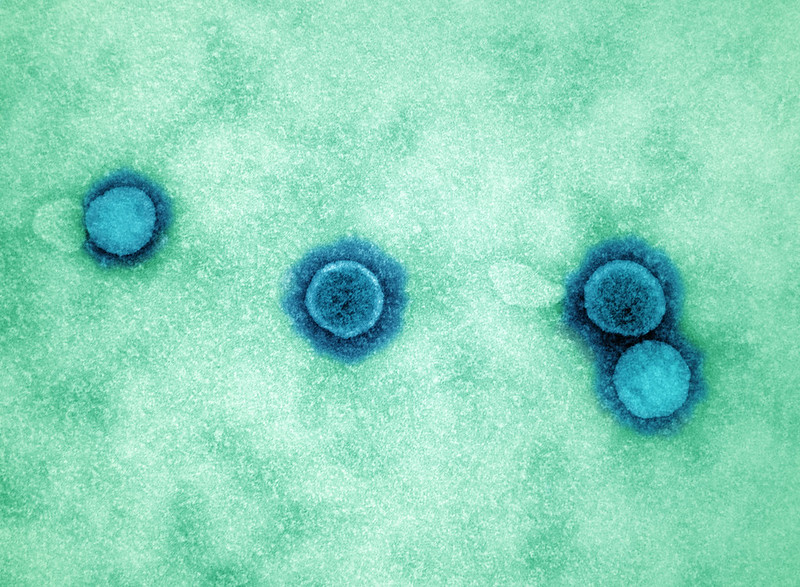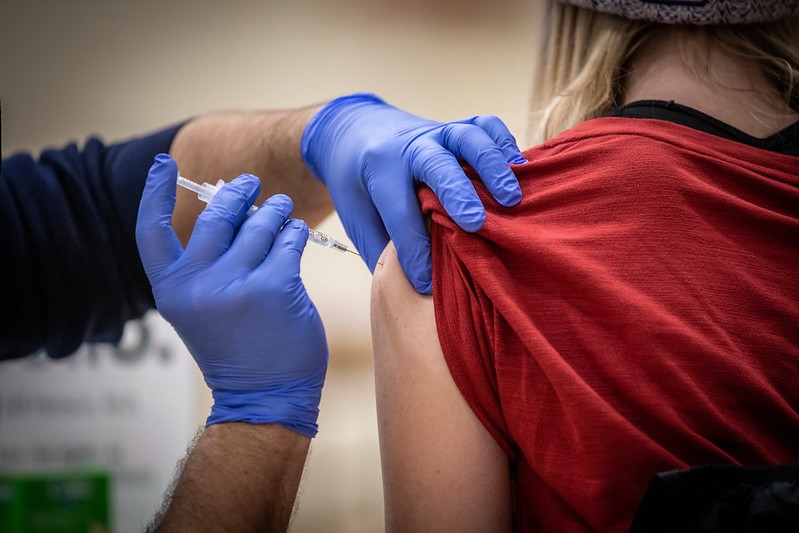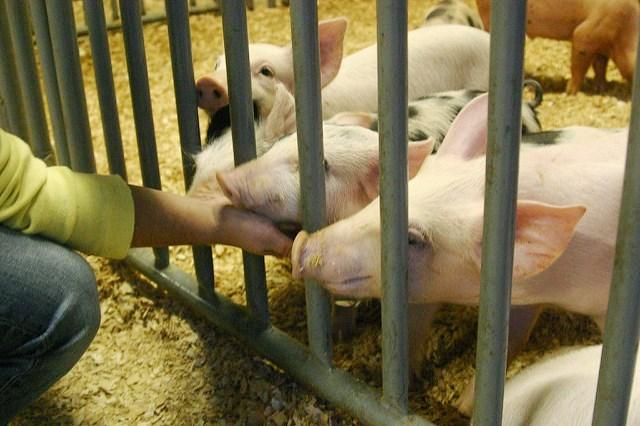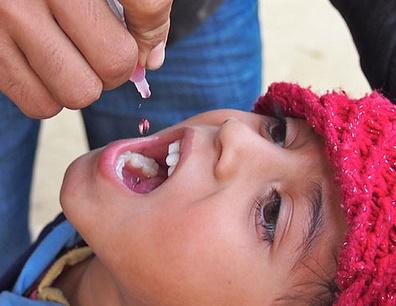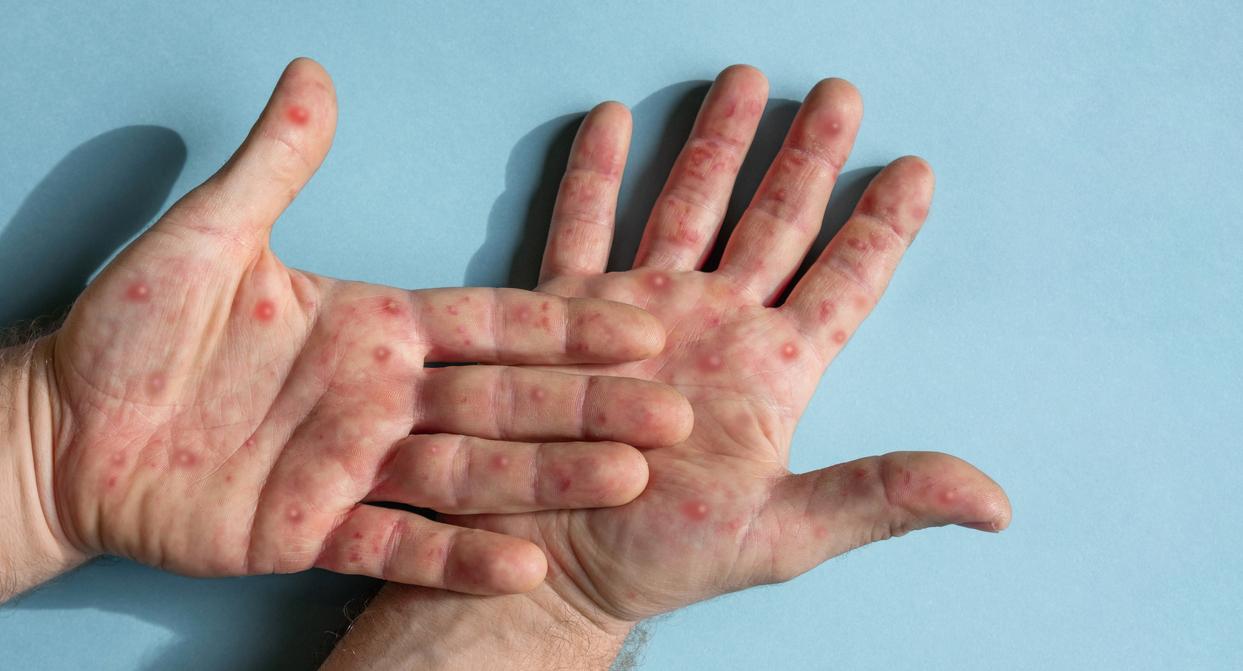
As a large mpox outbreak in Africa has set off alarm bells in the global health community, Americans' knowledge of the virus and risk factors surrounding transmission has dropped compared to just 2 years ago, according to new survey from researchers at the Annenberg Public Policy Center of the University of Pennsylvania.
The survey of 1,496 US adults conducted last month shows only 5% of Americans are worried about contracting mpox in the next 3 months, compared to 21% in August 2022, when a global outbreak primarily among men who have sex with men was infecting thousands of Americans and Europeans. Only 9% of those polled last month are worried that they or their family members will contract mpox.
The 2022 outbreak was fueled by infections caused by clade 2 of the virus, which is significantly less deadly than the clade 1 strain currently fueling the outbreak in the Democratic Republic of the Congo (DRC) and surrounding countries.
Awareness of vaccine also decreased
Though no clade 1 cases have been described in the United States, the Centers for Disease Control and Prevention earlier this week said US clinicians should be on alert for any symptoms of mpox in patients who had recently been to the DRC or bordering countries.
"The speed with which the public learned needed information about mpox in the summer of 2022 was a tribute to effective communication by the public health community," said Kathleen Hall Jamieson, PhD, director of the Annenberg Public Policy Center and director of the survey, in a press release. "That same expertise should now be deployed to ensure that those at risk remember mpox's symptoms, modes of transmission, and the protective power of vaccination."
The speed with which the public learned needed information about mpox in the summer of 2022 was a tribute to effective communication by the public health community.
Only 45% of those polled said they knew a vaccine for mpox exists, down from 61% in August 2022.
